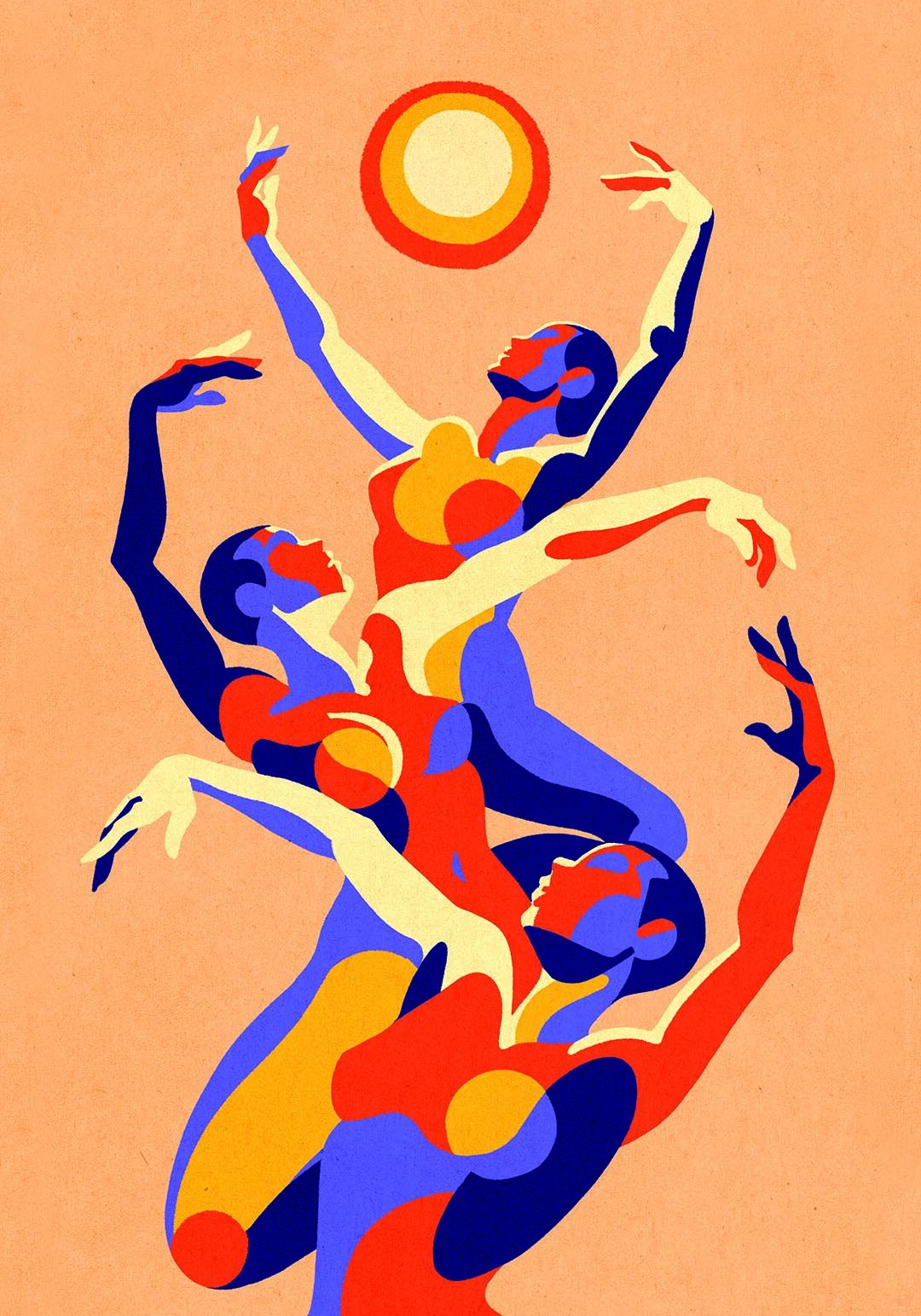
Most of life is pretty autobiographical.
When we take the time to poke around a bit, asking a good question, and then another, we begin to hear more about who someone is, why someone is, and we begin to know more about the life that is theirs, of what has mattered to them and not mattered to them — and this is true for everyone everywhere.
For most of my life I have been drawn into the questions that brought Made to Flourish into being, even spending several years before its vision became formalized, working with others in drawing cohorts of good folk together from all over the country to think more coherently about the relationship of vocation to the church to the world. That nexus is at the heart of my life — the teaching, the writing, the conversations, in their different ways each are rooted in the conviction that vocation is integral, not incidental, to the mission of God.
But mostly we believe differently than that, in practice arguing that vocation is incidental, not integral, to the mission of God. Why? What happened? What can be done? These have long been the questions that have gotten me out of bed in the morning, taking me to many places and many people, and they still are.
A Disposition to Dualism
Years ago I made my way to the Laity Lodge in Texas, a beautiful place in the Hill Country west of San Antonio nestled in a canyon along the Rio Frio. Known far and wide as “a thin place” — as the Celts have long described a spiritual geography that mysteriously and profoundly connects heaven and earth — one must literally drive in and through a river to get there. For all with eyes to see, there is something baptismal about the experience, a baptizing of the imagination, an invitation to think and think again about the most important questions of life.
Born of 100 years of family enterprise that began under the burden of sickness and need, the Butt family began selling groceries from their living room in Kerrville in the early 1900s. Entrepreneurial and industrious, that small beginning grew into the HEB Grocery Company that serves much of Texas and northern Mexico. (In a recent front page article in the New York Times during the crisis of cold weather in the winter of 2021, HEB was described as “the moral center of Texas,” and in a strange and wonderful way, they are.) Several decades into the work of the family, able to ponder their own philanthropy more fully, they bought a ranch with the hope of creating a summer camp experience for kids who could not afford to go on their own, even calling the idea “the free camp” — and generations later, the camps still exist, serving thousands each year. For a long time they have been good people doing good work.
In those same years of building the business, Howard E. Butt Jr. was coming of age, the son of a father who expected his heir to take up the work in the next generation — but this hope was complicated by the son’s realization that he had an evangelistic gift, who through his friendship with Billy Graham had begun to do joint crusades, together offering the gospel to the world.
The complication was that Howard Jr.’s father wanted him to enter the business; the theology of vocation which was assumed in the Southern Baptist theology of vocation in Texas in those middle years of the 20th century saw the gift of evangelism trumping business all day long. How could one argue with God’s call? We might choose to go into business, but that was always seen as less than the call of God.
This crisis of calling brought the Laity Lodge into being, from its genesis a place for men and women to come and consider the nature of vocation. Who is God? Who am I? What am I going to do with my life, knowing more of God and myself?
For over 60 years thousands of people with their own reasons of the heart have come to the Laity Lodge to learn more about why and how heaven and earth connect in the ordinary work of life. Butt’s own pilgrimage through these questions brought about a daily radio show, “The High Calling of Our Daily Lives,” meant to keep the question of calling before his nationwide audience, offering the vision of Laity Lodge to folk far and wide.
But there is another thread to this story that matters. For nearly 60 years Butt pursued a friendship with J.I. Packer, annually finding a way to be together as a way of deepening his own discipleship. To say it simply, he wanted to be as theologically mature as he was professionally competent, resisting the dualism that marks the church all over the world. Wrestling with that very personally himself, a struggle of heart and mind that he was conscious of for the years of his life, this became the reason-for-being of Laity Lodge. Wounding for selves, the dualism is wounding for society too, teaching a compartmentalized faith that it has little interest in the life of the world.
Butt argued against this with his life, believing instead that our “daily lives” are “a higher calling,” full as they must be with our ordinary loves and labors. With every breath he lived into a different vision of vocation, and the great hope of his life was that we would too, all of us.





